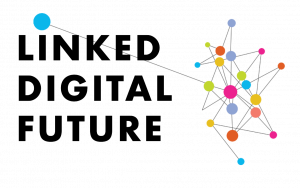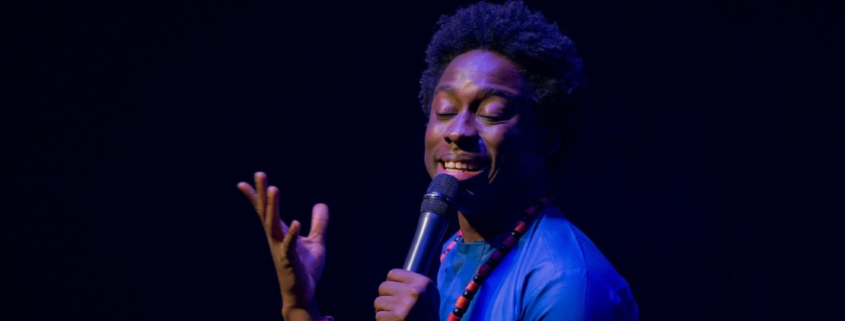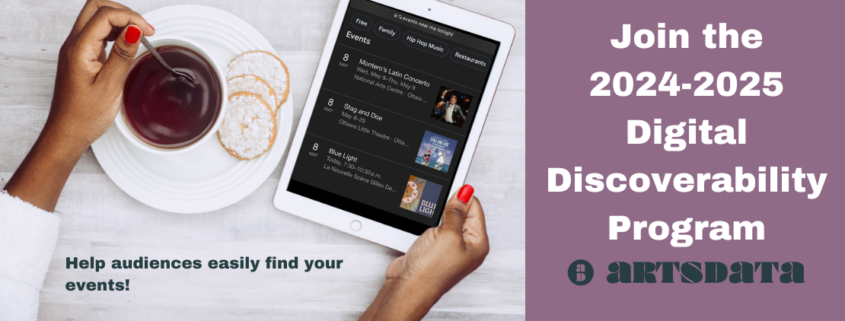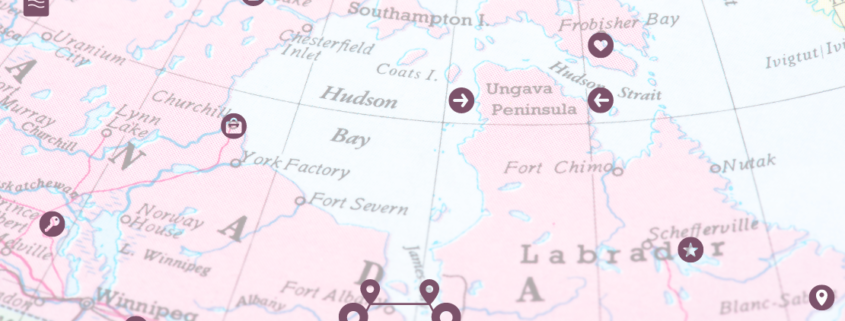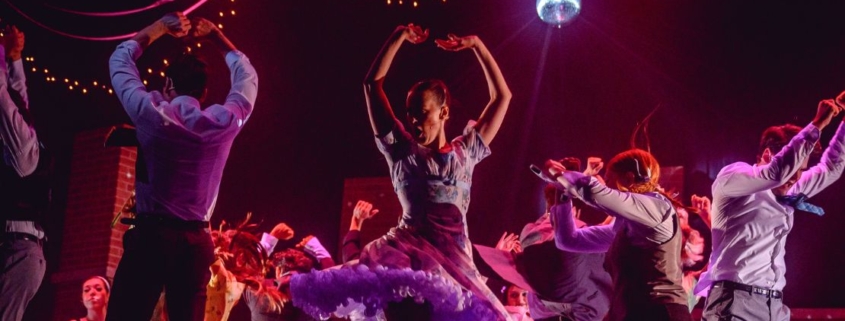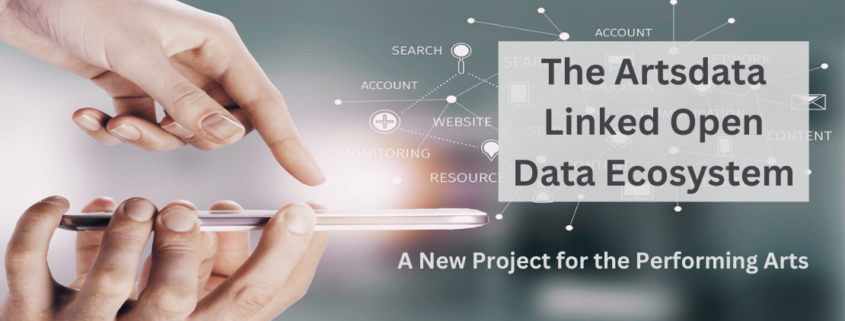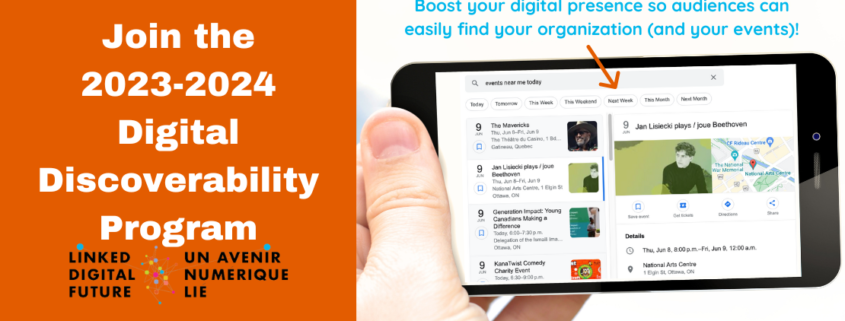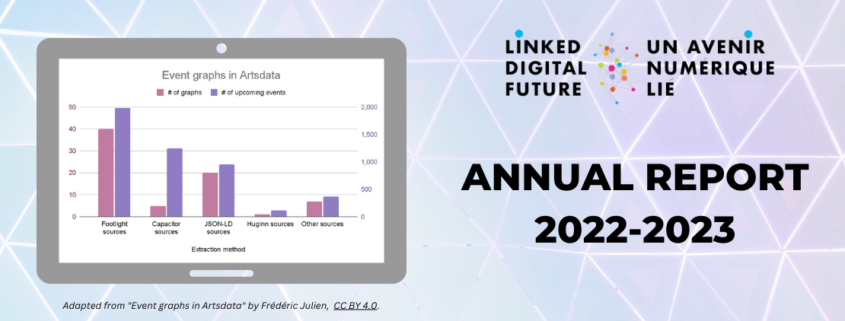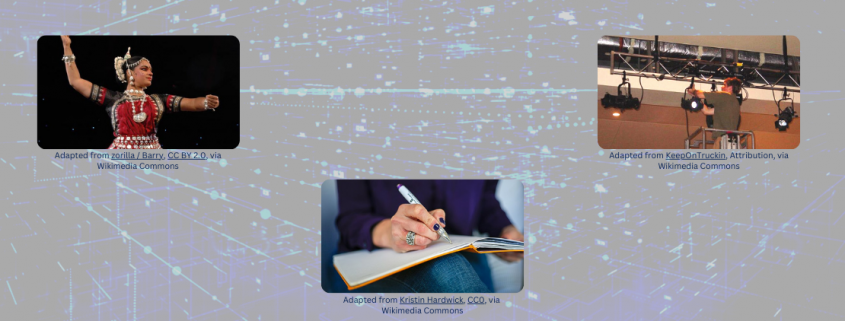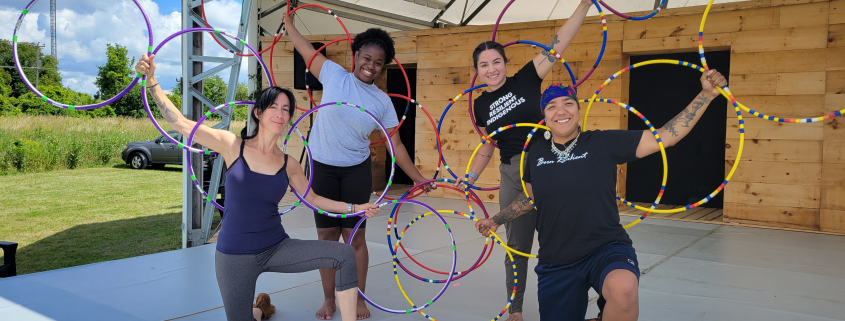Currently, much of the information about Canadian performing arts sector entities (including performers, directors, designers, choreographers, organizations, venues and events) is not properly formatted to be found, read and processed by search engines and other discovery technologies. As a result, it is too often ignored or underutilized.
The Linked Digital Future Initiative (LDFI) was created to make performing arts-related information findable and to help build better connections in our sector – between arts workers and audiences – in the digital age. One of the ways this has been achieved is by converting already publicly available information into reusable and accessible data in open databases, such as Wikidata and the Artsdata knowledge graph.
Although LDFI is leading this work, it will take many leaders in Canada’s performing arts sector contributing information to turn this vision into reality.
Read more 